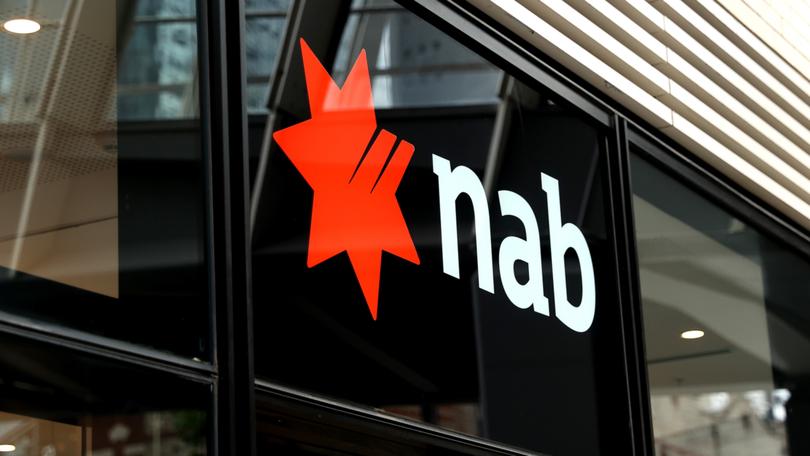NAB reckons punters less stressed about inflation, jobs
The strong jobs market has helped Australian consumers feel less worried than three months ago, according to a survey by NAB.

The strong jobs market has helped Australian consumers feel less worried than three months ago, according to a survey by NAB.
The big four bank’s consumer stress index fell 1.3 points to 57.6 in the September quarter.
Stress about job security eased — although remained higher than average — while cost of living worries also fell.
Sign up to The Nightly's newsletters.
Get the first look at the digital newspaper, curated daily stories and breaking headlines delivered to your inbox.
By continuing you agree to our Terms and Privacy Policy.“Cost of living remains the biggest driver of stress but encouragingly eased as monthly inflation showed signs of slowing,” the report said.
“Stress associated with living costs is now back at survey average levels.”
That comes as headline inflation fell amid a surge of Government rebates for electricity and rents. But underlying inflation is still above where the RBA’s target.
About a third of Australians drew down their savings to cover costs in the past three months, NAB reckoned. A shocking 17 per cent sold possessions and 12 per cent got another job, NAB claimed.
The survey results were released one day after jobs data from the Australian Bureau of Statistics showed the labour market continued to shoot the lights out.
More than 60,000 more Australians were employed in September, another month beating market expectations.
The win for workers will slow the need for the Reserve Bank to cut interest rates, however.
On Friday, ANZ said about 45,000 jobs were being created each month for the past six months. The big four bank said the trend was not inconsistent with inflation returning to the RBA’s 2 to 3 per cent target, with a record number of Australians wanting to work.
But the robust labour market reduced the urgency for rate cuts, ANZ said.
Westpac researchers said it was “difficult to find any real causes for concern about the current health of the labour market”.
“Measures of unemployment, underemployment and under-utilisation all also managed to tick lower in the month, at a time when a record proportion of Australians are actively engaging in the labour market,” the researchers said.
“This is reflecting not only employers’ clear appetite to expand headcount, but also an underlying normalisation of dynamics around average hours worked – moving from big swings through the pandemic and the RBA’s tightening cycle, to now tracking broadly in line with long-run historical trends.”
